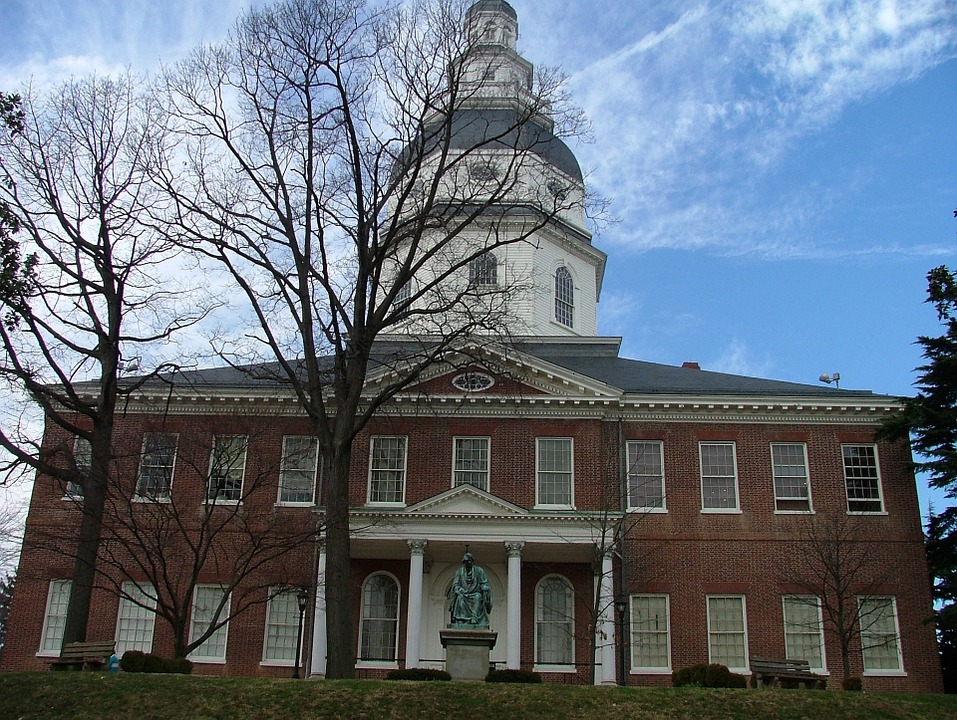Last summer, I was fortunate enough to intern in the U.S. House of Representatives. As a government and politics major who aspires to work on Capitol Hill, this was a dream internship, with one exception: the pay (or lack thereof). This was an unpaid, 40-hour-per-week internship from the hectic month of June to the out-of-session weeks of August. Nearly every internship in Congress is unpaid, except for a few positions. However, I knew the experience is what mattered and would ultimately pay dividends in the future. Though I still believe this, I noticed one problem with unpaid internships while I held one. Very few have the resources and ability to work without getting paid.
The congressman I worked for was from California, and as a result, nearly all of his interns were his constituents. This means that these college students took the expensive flight to Washington and had to find and pay for their own housing for an entire summer, which isn’t cheap. Every day, they had to buy their own lunch from the Longworth Cafeteria and pay to take the Metro to and from the Capitol. I’m fortunate enough to live right outside Washington, so I didn’t have to cover many of these expenses and I can’t even imagine the financial hit these other interns took from doing this.
By the end of the summer, I had met dozens of other interns from across the country who had to do the same thing. But we all knew the sacrifices we would have to make to obtain these coveted internships, and I think we all valued the knowledge and experience we gained. However, many college students don’t have the means to spend that much money over a summer without making anything in return.
I am fortunate in the sense that my parents help me pay many of my college expenses, though I do bear some of the costs, especially my own spending money. But many students my age aren’t so lucky. They have to rely on student loans to finance their education, which they know means significant debt for years. Because of this, it is nearly impossible for many students to go an entire summer without any income. Though unpaid internships might help students get jobs after graduation, it is unlikely that these entry-level jobs will help them compensate for both their debt from college and from having an unpaid internship while still providing a relatively sufficient standard of living.
There is a bill in the state legislature that would actually provide up to $1,000 in tax credits to alleviate some costs for businesses with interns. I believe this is a great start. It’s nearly impossible to make employers pay interns a certain rate, as this would severely limit the amount of internships they could offer to students, and it is undoubtable that today’s students need internships during college to gain preparation for the job market. Unpaid internships are really only affordable for a select few. Given the necessity and opportunity costs of positions, paid positions would significantly level the playing field and more students would be able to gain valuable experience if more internships were paid.
Kyle Campbell is a sophomore government and politics major. He can be reached at kcampbelldbk@gmail.com.



